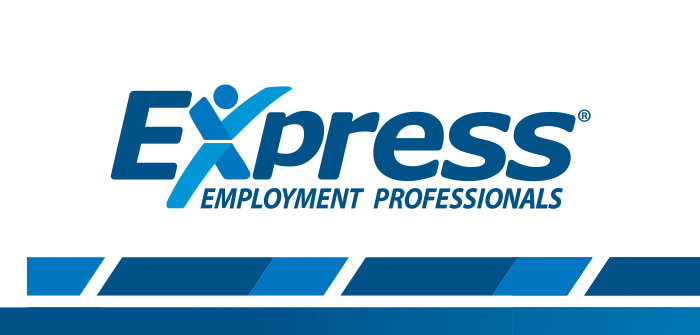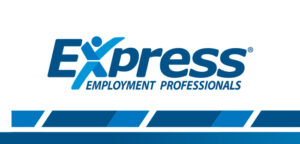Unwritten Rules Determine Teamwork Success
Source: Express Employment Newsletter – Refresh Leadership
Unwritten Rules Determine Teamwork Success – In 2012, Google launched an internal initiative called Project Aristotle with the goal of pinpointing what makes a great team at Google.
Project Aristotle researchers studied a broad range of characteristics of successful groups and teams within the company, including personality, hobbies, relationships with each other outside of work, and various demographic variables. Surprisingly, the results showed there was no real evidence that such characteristics made a difference in a team’s success.
The major breakthrough came when the researchers began to focus on “group norms,” or the unspoken and often unwritten set of informal rules that govern individual behaviors in a group. They found that the most successful teams shared a similar understanding and commitment to how they interact with each other.
According to a New York Times article about the Project Aristotle initiative: “One team may come to a consensus that avoiding disagreement is more valuable than debate; another team might develop a culture that encourages vigorous arguments and spurns groupthink. Norms can be unspoken or openly acknowledged, but their influence is often profound. Team members may behave in certain ways as individuals—they may chafe against authority or prefer working independently—but when they gather, the group’s norms typically override individual proclivities and encourage deference to the team.”
It’s an interesting case study that highlights an important trend in organizational development that focuses on group dynamics and building stronger, more productive teams. In fact, in Deloitte’s 2017 Human Capital Trends Study, 32% of respondents said they are redesigning their organizations to be more team-centric, which is also driving trends in performance management to “shift from focusing just on an employee’s individual achievements to evaluating their contribution to a team and the team’s impact on driving overall business goals.”
Just as important as focusing on the strategies that make a team work, is avoiding the things that bring team progress to a screeching halt, including these common workplace teamwork killers.
Undefined goals: A clearly defined, common goal not only serves as a target to work toward, it also helps unite team members with an understanding of how their hard work will affect the company overall. According to Gallup’s 2017 State of the American Workforce study, “employees who strongly agree they can link their goals to the organization’s goals are 3.5 times more likely to be engaged.”
Poor leadership: Great team leadership is an essential, but difficult skill to master. In the Center for Creative Leadership’s The State of Teams study, some of the top skills participants identified as essential to effective team leadership include management skills, interpersonal skills, setting direction and building commitment.
Lack of trust: In his best-selling book “The Five Dysfunctions of a Team,” leadership and organizational development expert Patrick Lencioni writes, “… it is only when team members are truly comfortable being exposed to one another that they begin to act without concern for protecting themselves. As a result, they can focus their energy and attention completely on the job at hand, rather than on being strategically disingenuous or political with one another.”
Lack of accountability: According to Gallup, only “three in 10 employees strongly agree that their associates or fellow employees are committed to doing quality work.” Holding each other accountable to completing assigned tasks is an important group dynamic that must be established from day one.
No two teams are alike, and what works for one may not be as effective for another. However, taking a proactive, deliberate approach to building teams based on the best use of individual member’s strengths and avoiding common pitfalls goes a long way toward ensuring success.


